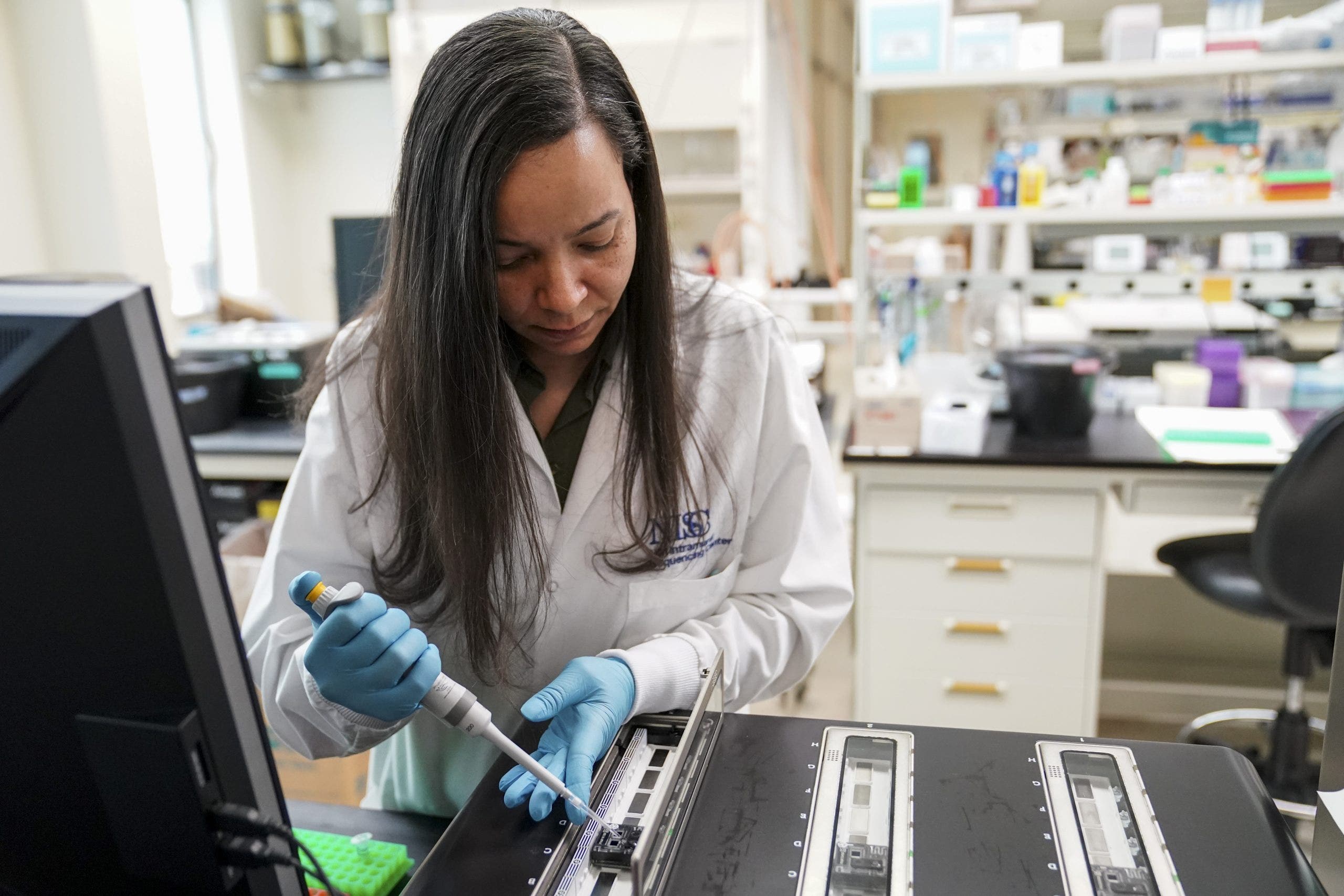NIH says research, clinical studies can continue amid HHS freeze

Acting Director of the National Institutes of Health (NIH), Matthew Memoli, recently addressed the concerns surrounding the Trump administration’s freeze on communications and other functions within the Health and Human Services Department (HHS). The freeze, which was implemented to allow the new administration to review and prioritize processes, has caused confusion among agency officials and lawmakers.
In an internal memo sent to leaders across the NIH’s various centers and institutions, Memoli sought to clarify the extent of the freeze and provide additional guidance. The memo, which was first reported by STAT News, acknowledged the confusion surrounding the pause and aimed to provide clarity on what activities are permitted during this time.
The freeze, which was initially put in place to halt external communications at HHS through the first of next month, has impacted a wide range of activities including announcements, press releases, website and social media posts, new guidance, regulations, public appearances, and travel by agency officials. Additionally, new purchases or service requests related to agency work have been prohibited.
Despite the restrictions, Memoli’s memo emphasized that ongoing research and clinical trials initiated before Jan. 20 can continue. This includes the ability to purchase necessary supplies and conduct meetings related to the work. While new research projects are still on hold, NIH staff can continue submitting papers to medical journals and communicate with them about submitted work.
Furthermore, the memo clarified that purchases related to human safety, healthcare, security, biosafety, biosecurity, or IT security can continue during the freeze. Travel and hiring for such work are also permitted, with specific exemptions required for new hires due to the hiring freeze on federal civilian employees.
While external communications are still prohibited, exceptions can be made for “mission-critical” announcements deemed necessary by HHS divisions. The freeze has also prompted a review of current practices to ensure compliance with federal requirements under the Hyde Amendment.
Despite the concerns and criticisms surrounding the freeze, former CDC scientist and current dean of the University of Nebraska’s school of public health, Dr. Ali Khan, noted that such pauses are not uncommon. Khan emphasized that the concern lies in whether the pause is aimed at silencing agencies or disrupting the scientific process.
In conclusion, Memoli’s memo hinted at further guidance to be provided later this week, addressing areas such as grant review meetings. While the freeze has raised significant concerns, it is important to ensure that the pause does not hinder the critical work being done by NIH and other agencies in the medical research field.




